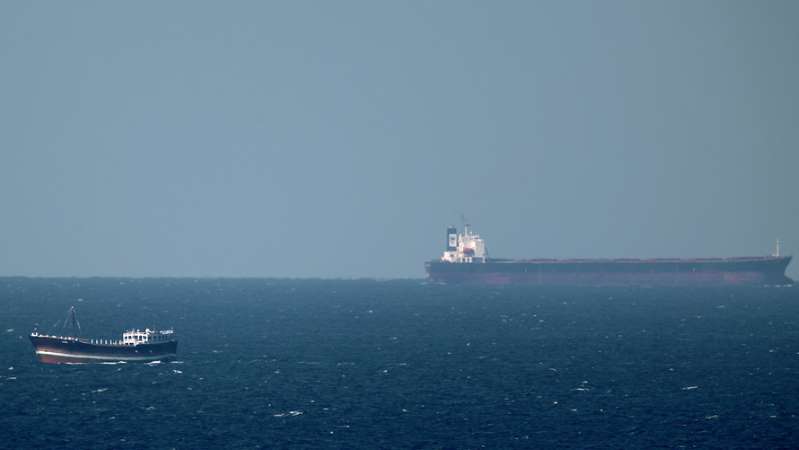By Barbara Kollmeyer, Market Watch–
Crude prices surged Thursday, rebounding from a bruising prior session after reports an oil tanker was on fire in the Gulf of Oman, with fresh tensions in that region potentially posing a threat to global supplies.
West Texas Intermediate crude for July delivery (CLN19) jumped $1.41, or 2.8%, to $52.53 a barrel in early trading. Gains were in contrast to a 4% drop that took oil prices down to $51.14 on Wednesday, marking the lowest front-month contract finish since Jan. 14, according to Dow Jones Market Data.
August Brent crude (UK:BRNQ19) jumped $1.82, or 3%, to $61.76 a barrel, gaining as much as 4% at one point on the reports of the tanker attacks. The prior session saw Brent tumble 3.7% to $59.97 a barrel, the lowest front-month finish since Jan. 28.
Oil plunged Wednesday after a report showing U.S. crude supplies climbed for a second week in a row. Simmering worries about energy demand on the back of growing U.S.-China trade tensions also pressured the commodity.
But geopolitical tensions jolted the price the other way on Thursday. Media reports said a tanker in the Gulf of Oman had sent a distress signal after being attacked and was on fire, while Bloomberg reported a second tanker had also been attacked after both had sailed from Saudi Arabia.
United Kingdom Maritime Trade Operations, an arm of the Royal Navy, said it was investigating the incident after Iranian media also reported explosions in the area, the Associated Press reported. The U.S. Navy was aware of the incident, Bloomberg reported.
“We know that geopolitical tensions in the region are worsening and raise supply-side concerns in terms of short-term outages etc.—but with OPEC already curbing output and U.S. production at a record high the market is far less susceptible to a shock,” said Neil Wilson, chief market analyst for Markets.com, in a note to clients.
Threats to the region are taken seriously as it is a vital shipping route for oil production around the Persian Gulf. The region has been the site of other attacks. On May 14, Yemen’s Houthi rebels, who are fighting Saudi Arabia, claimed responsibility for armed-drone attacks that halted pumping at a key Saudi oil pipeline. A day ahead of that incident, the Saudis said two of its tankers had been damaged in a sabotage attack. The U.S. has been blaming Iran for those attacks.
Monthly oil reports from the Organization of the Petroleum Exporting Countries and the International Energy Agency will be released on Thursday and Friday, respectively. The IEA’s report will include forecasts for 2020.
The market is awaiting a decision by OPEC and its allies on whether to extend their production-cut deal past the end of this month, when it expires.
In other energy trading, natural gas for July delivery (NGN19) slipped 0.7% to $2.369 per million British thermal units.


Leave A Comment
You must be logged in to post a comment.